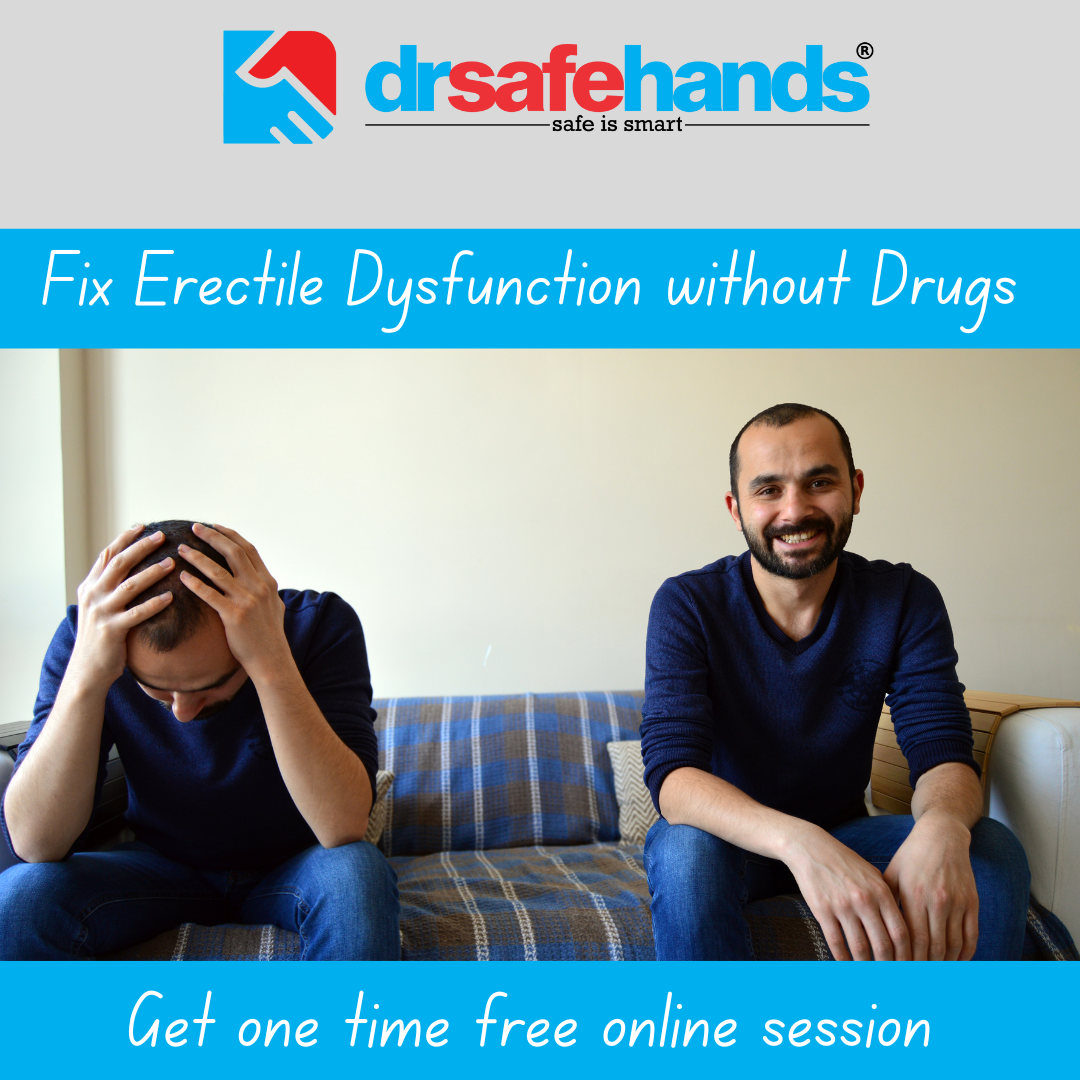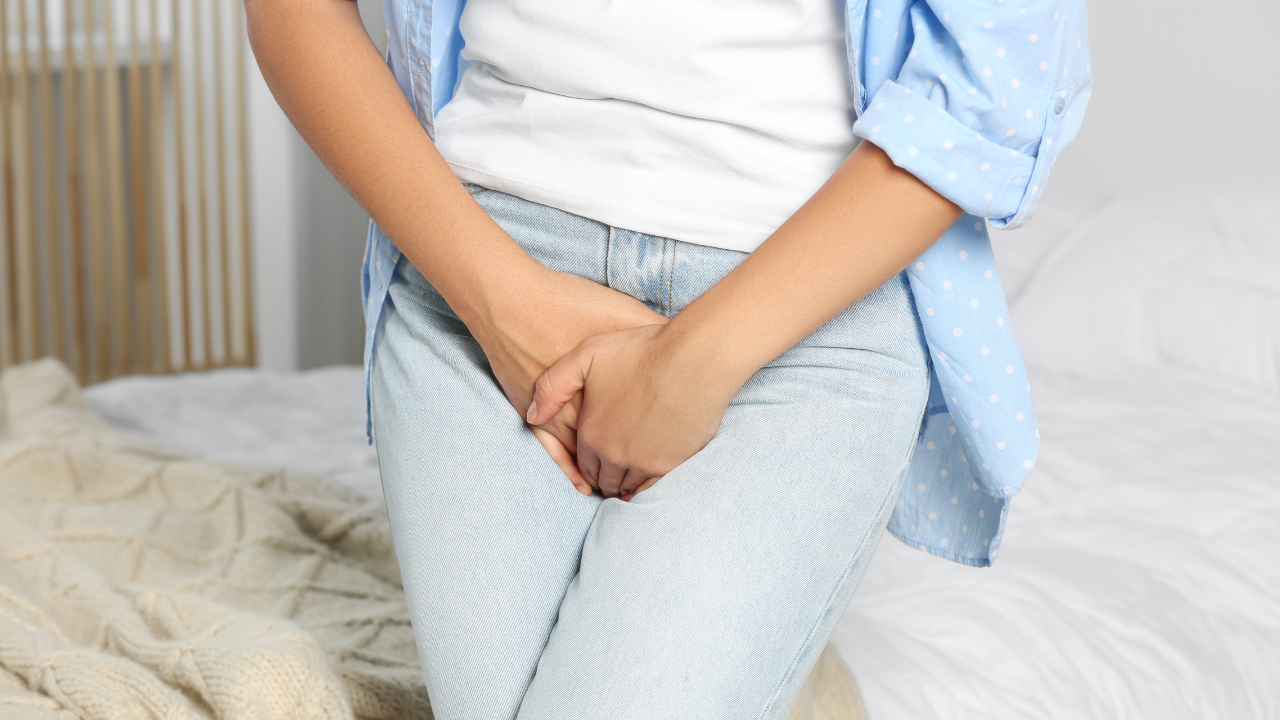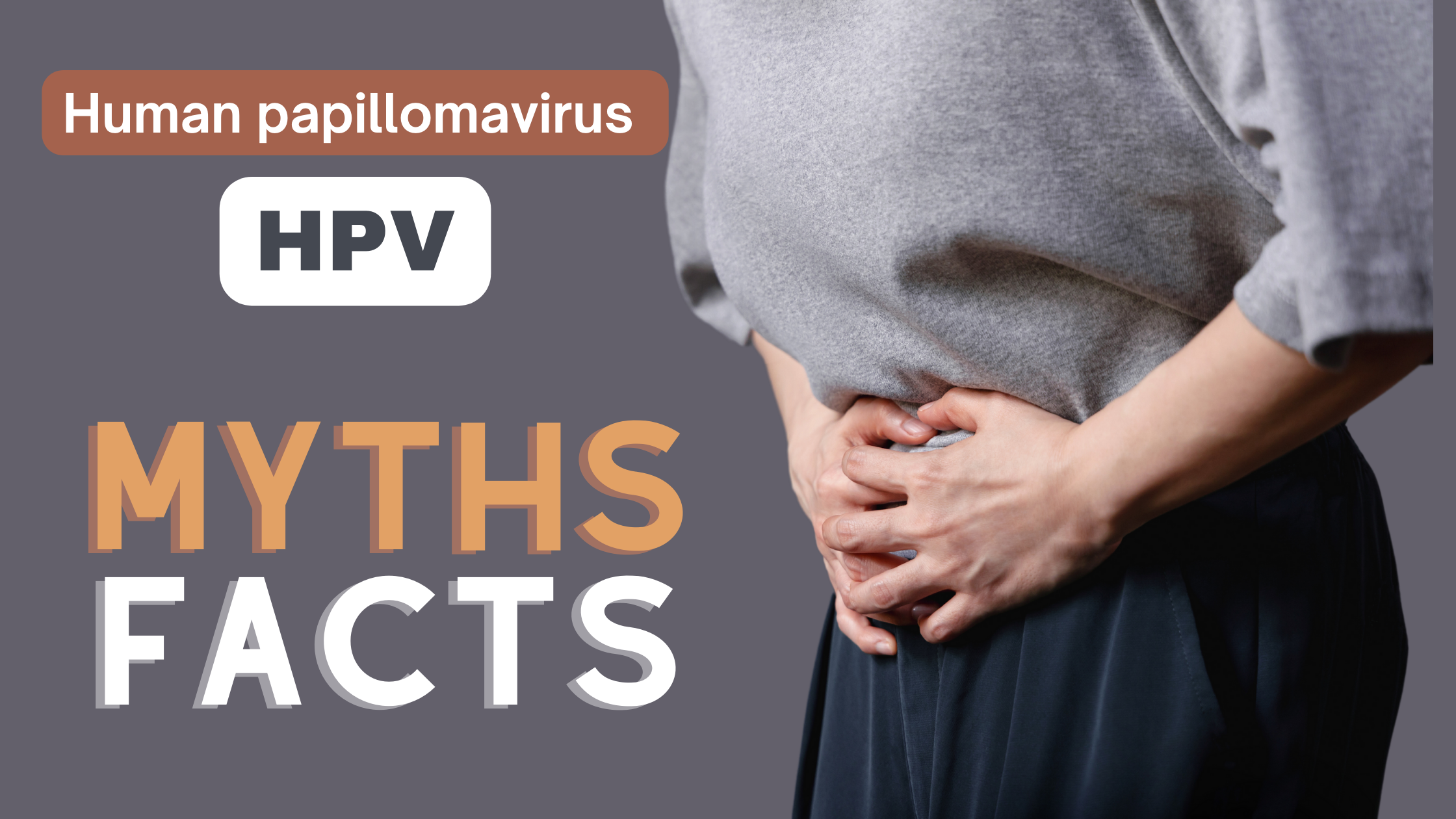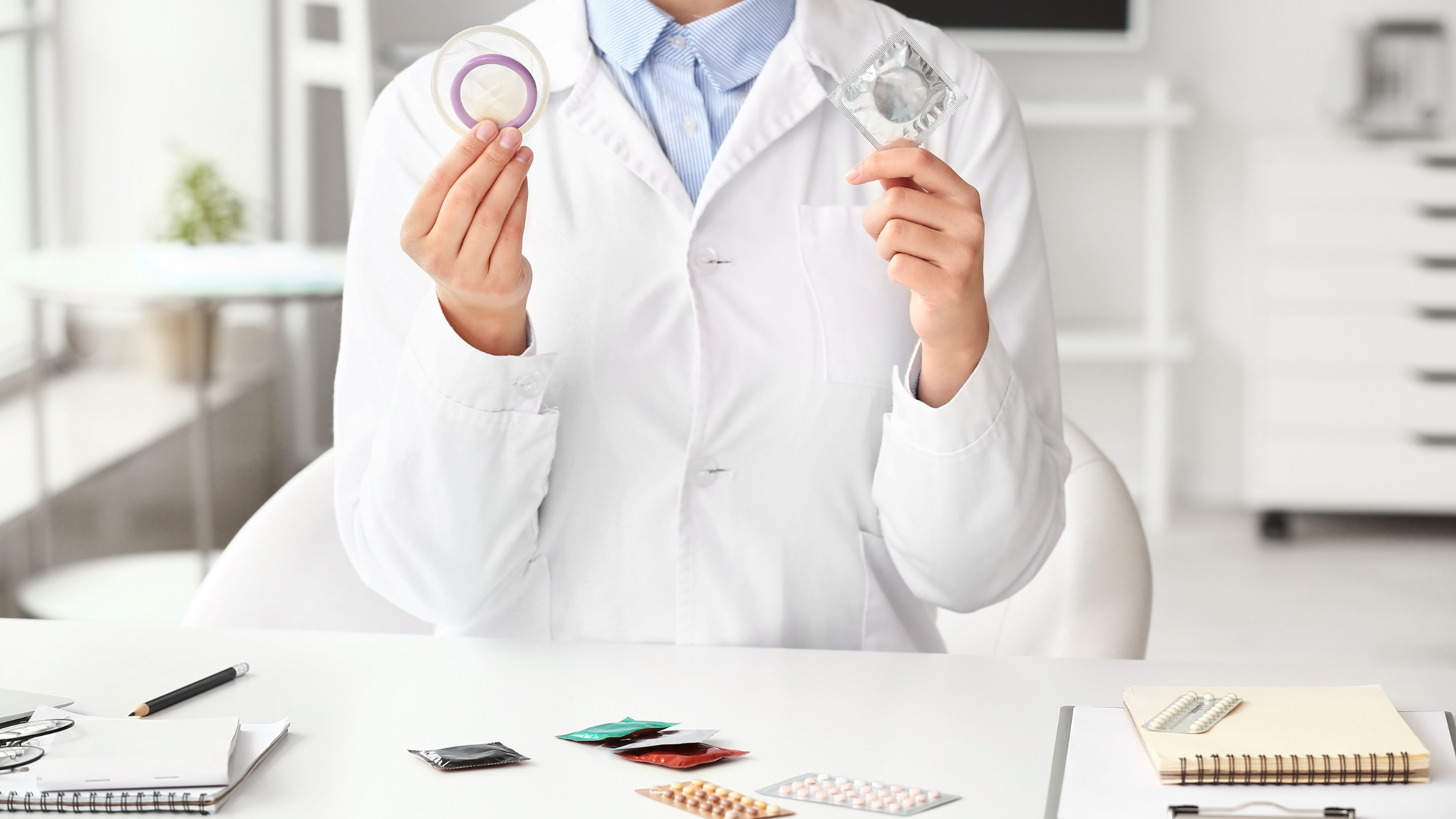Addressing erectile dysfunction (ED) without the use of drugs involves making lifestyle changes and adopting healthier habits. It's important to note that consulting with a healthcare professional is crucial before making any significant changes to your lifestyle. Here are some general suggestions:
Healthy Diet:
- Follow a balanced and nutritious diet that includes fruits, vegetables, whole grains, lean proteins, and healthy fats.
- Reduce consumption of processed foods, sugary drinks, and high-fat meals.
Regular Exercise:
- Engage in regular physical activity, such as aerobic exercises, which can improve blood flow and overall cardiovascular health.
- Aim for at least 150 minutes of moderate-intensity exercise per week.
Maintain a Healthy Weight:
- Being overweight or obese can contribute to ED. Losing weight through a combination of diet and exercise may help improve symptoms.
Quit Smoking:
- Smoking is a major risk factor for ED. Quitting smoking can improve blood flow and overall health.
Limit Alcohol Intake:
- Excessive alcohol consumption can contribute to ED. Limit alcohol intake to moderate levels.
Manage Stress:
- Chronic stress can contribute to ED. Explore stress-reducing techniques such as meditation, yoga, deep breathing exercises, or counseling.
Adequate Sleep:
- Ensure you are getting enough quality sleep. Lack of sleep can negatively impact hormonal balance and overall health.
Communication with Partner:
- Open and honest communication with your partner can help alleviate stress and improve your relationship, which may positively impact sexual function.
Pelvic Floor Exercises:
- Strengthening the pelvic floor muscles through exercises, such as Kegel exercises, may help improve erectile function.
Natural Supplements:
- Some natural supplements, such as L-arginine, ginseng, and zinc, have been studied for their potential benefits in improving erectile function. However, it's important to consult with a healthcare professional before taking any supplements, as they can interact with medications or have side effects.
Counseling or Therapy:
- Psychological factors, such as anxiety or depression, can contribute to ED. Seeking counseling or therapy may help address these issues.
Remember, the effectiveness of these strategies can vary from person to person, and it's important to consult with a healthcare professional to determine the most appropriate course of action for your specific situation. If ED persists, your healthcare provider may recommend other treatments, including medications or specialized therapies.






